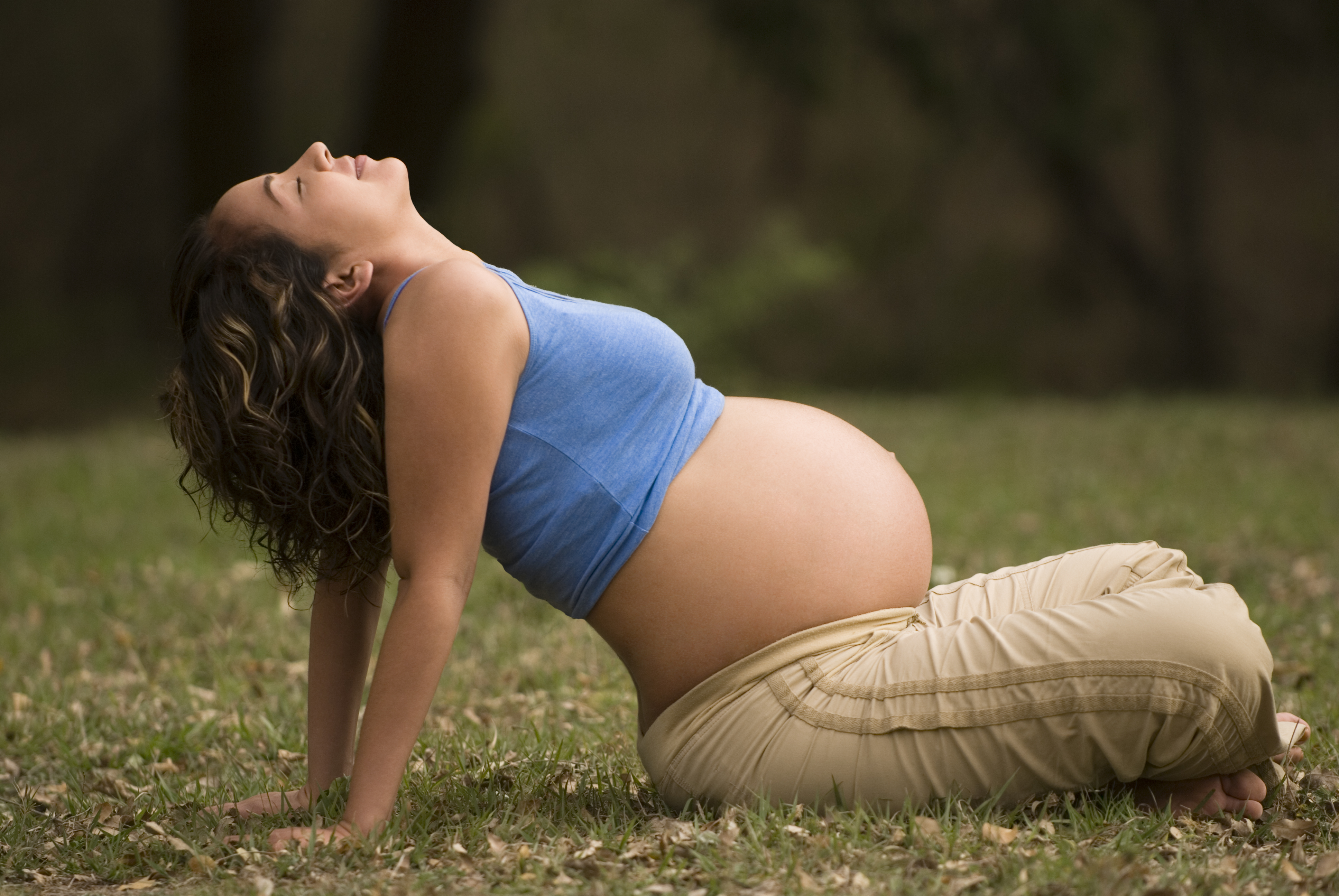
Supplements For Fertility and Egg Health
The prenatal pill should be taken before you become pregnant, not just when you find out that you are having a baby. It benefits the first ten weeks of pregnancy and nutrients are needed for the baby’s body to begin to be made. The prenatal pill is NOT enough to fulfill all the nutrients required to create a child and protect your own needs. Studies have shown that despite taking a prenatal vitamin, women were still low in Vitamin D. Low Vitamin D levels in early life is linked to schizophrenia, diabetes and skeletal disease. Nor is choline typically added to prenatal vitamins, and deficiency of this nutrient is associated with lifelong learning deficits.
Vitamin A: Helps to regulate excessive estrogen levels
Vitamin B12: Essential for liver detoxification and for protecting DNA. Most of us are B12 deficient. Be sure to take sublingual methylcobalamin, an enhanced form of B12 that dissolves quickly under the tongue.
Vitamin C: Essential for detoxification processes.
Vitamin D3: Can prevent or reduce depression, dementia, diabetes, and autoimmune disorders
Folic Acid: Protects the baby’s neural tube development. One study showed that women who got at least seven hundred micrograms a day of folic acid from their diet were forty to fifty percent less likely to have ovulatory infertility then women taking less than three hundred micrograms.
Iodine: A trace element that improves cognition, metabolism, protects the thyroid, and balances hormones. It is necessary for optimal health of the breasts, ovaries, and uterus.
DHA and EPA: Omega-3 fatty acids are important for brain health and preventing Alzheimer’s. Take this in plant-based form.
Curcumin: The active ingredient in the spice turmeric activates the genes that turn on powerful antioxidants in the brain. It has mega anti-inflammatory effects.
Probiotics: Creates healthy flora in the gut and facilitates digestion. If you choose to eat dairy, eat whole-fat active yogurt which contains probiotics. An even better idea is eating probiotic foods, such as sauerkraut and pickles.
Iron: In one study, women who regularly took iron supplements were forty percent less likely to have trouble getting pregnant. The benefit came from these women taking forty to eighty milligrams of iron daily. The source of the iron mattered – women who got most of their iron from meat in the study were not protected against ovulatory infertility. Iron from fruits, vegetables, beans and supplements were beneficial to getting pregnant.
Alpha-lipoic acid: Helps eliminate toxins and heavy metals in brain tissue.
Magnesium Citrate: Helps with your bowel movement and to eliminate waste; it is also a muscle relaxant.
Vitamin E: Helps to boost fertility and is a natural antioxidant. Take up to five to eight hundred IU for a few months before conception, as it helps the fertilized egg stay attached to the uterus.
Vitex (chasteberry) and ashwagandha are herbs and aptogens that can be used to boost fertility.
The combination of CoQ10, Vitamin D and DHEA is often prescribed for women with a low egg reserve (or a low AMH lab value) in fertility clinics.
Consult your doctor when taking any herbs, supplements, or vitamins during pregnancy.
M.D., C. N. (2010). Women’s Bodies, Women’s Wisdom: Creating Physical and Emotional Health and Healing. unknown: Random House.
Tags: conception, conscious, egg, fertile, health, motherhood, woman
Trackback from your site.